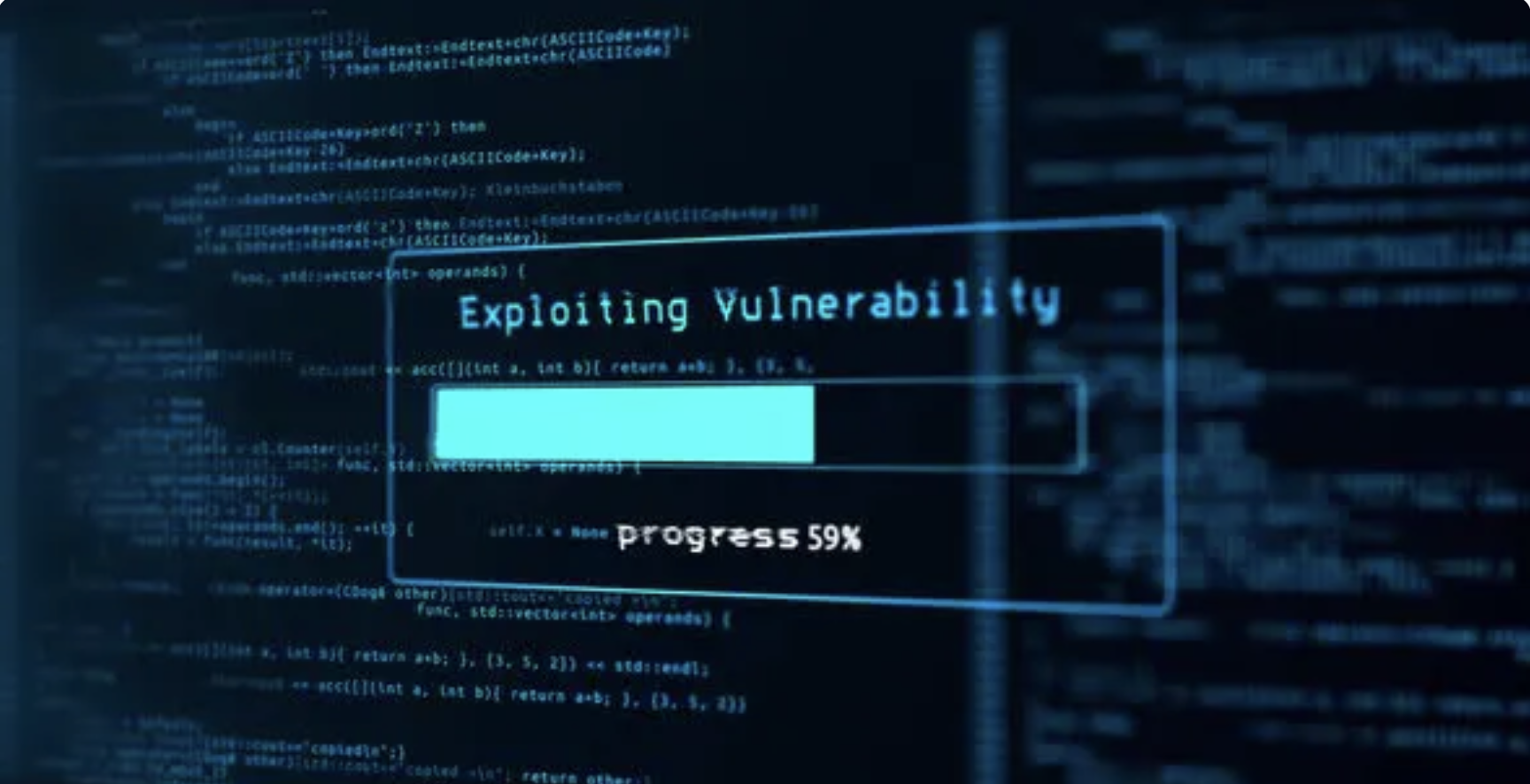Time to read : 3 Minutes
In the last two months alone – Optus, Telstra, Medibank, Microsoft and the Australian Federal Police have all been hacked.
And that is just some of the places that have had breaches this year.
😬 Millions of us have had our data accessed, everything from our passport numbers, to intimate health details and private addresses have been exposed.
1. How can we protect ourselves?
The Office of the Australian Information Commissioner and the Australian Cyber Security Centre (ACSC) have some key recommendations to help you keep your digital identity private:
Know your privacy rights.
Read privacy policies and collection notices.
Always ask who is collecting your information and why.
Regularly check your credit report because this could be the first place that shows you someone has your details.
Protect your online identity with different passwords (and multi-factor authentication) and don't use social media to sign in.
Back up your data regularly in the cloud or on an external hard drive .
Be extra careful of your mobile smart devices (think iPad, mobiles, laptops). Set strong passwords to make it harder for people to get in.
Use reputable security apps and software and keep them up to date as well.
Social media can leave a real digital trail, so be careful what you click on and what you share.
Don't leave any paper trail either (shred it) and when you update your devices wipe everything off them.
Be aware of scams, they are getting more sophisticated every day, e.g. if you get a random call saying someone is from Telstra ask their name and then say you'll call them back.
2. Why aren't companies keeping our information safe?
The reason that our data hasn't been safe is complicated.
Businesses are under-educated, cyber criminals are funded and many organisations and businesses are not keeping up with the technology.
Cyber Security Minister Clare O'Neil explains,
"We need to really step up our game in Australia in terms of policy, in terms of citizens and in terms of how we think about this problem.”
According to the ACSC for the financial year of 2021 - 2022 the key takeaways are:
💻 There has been a 13% increase of cyber crime, with 76,000 reports made.
💣 Governments like China and Russia use hacking as a form of cyber warfare.
💰Our wealth (Australians are considered to have the highest wealth per adult in the world) makes us a target for crime gangs.
🛒 Online shopping and banking have been preyed on as well, with high value transfers like home settlements being particularly targeted.
🫰Ransomware has been especially costly, with extortion of big business becoming a favourite for groups.
😲 The financial loss last year to Business Email Compromise (BEC) was an enormous $98m.
The bottom line: is we all need to be more vigilant
Cyber crime is here for good and it's sophisticated.
Treat your digital identity like a wallet and keep it safe by being proactive and vigiliant.
On the upside the Government is taking cyber crime seriously and our identities are considered an 'asset' to be protected.
They are investing $161m in making sure our details are safe and looking to centralise a digital identity platform to do just that.
Read more:
inline: embedded-entry-inline, sys.id: 3lKxfFU7BGZCcX4UEtkQ1v
Financial Disclaimer:
